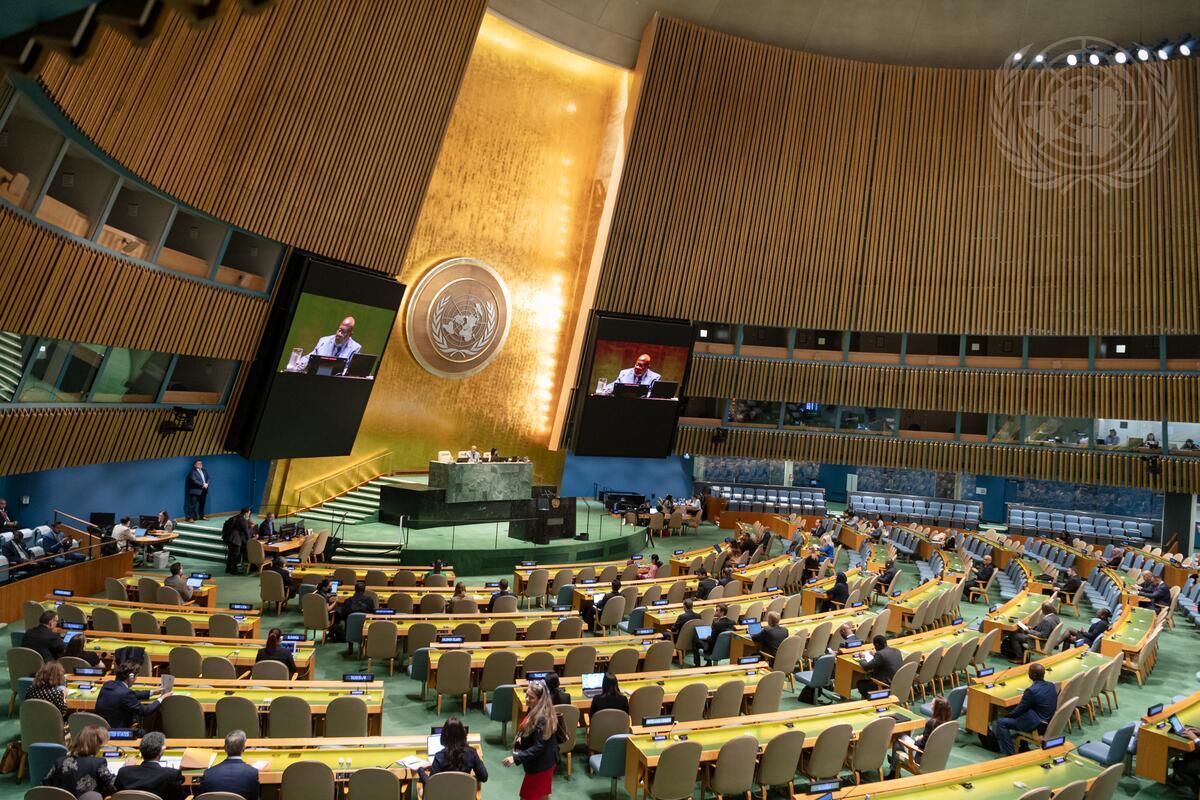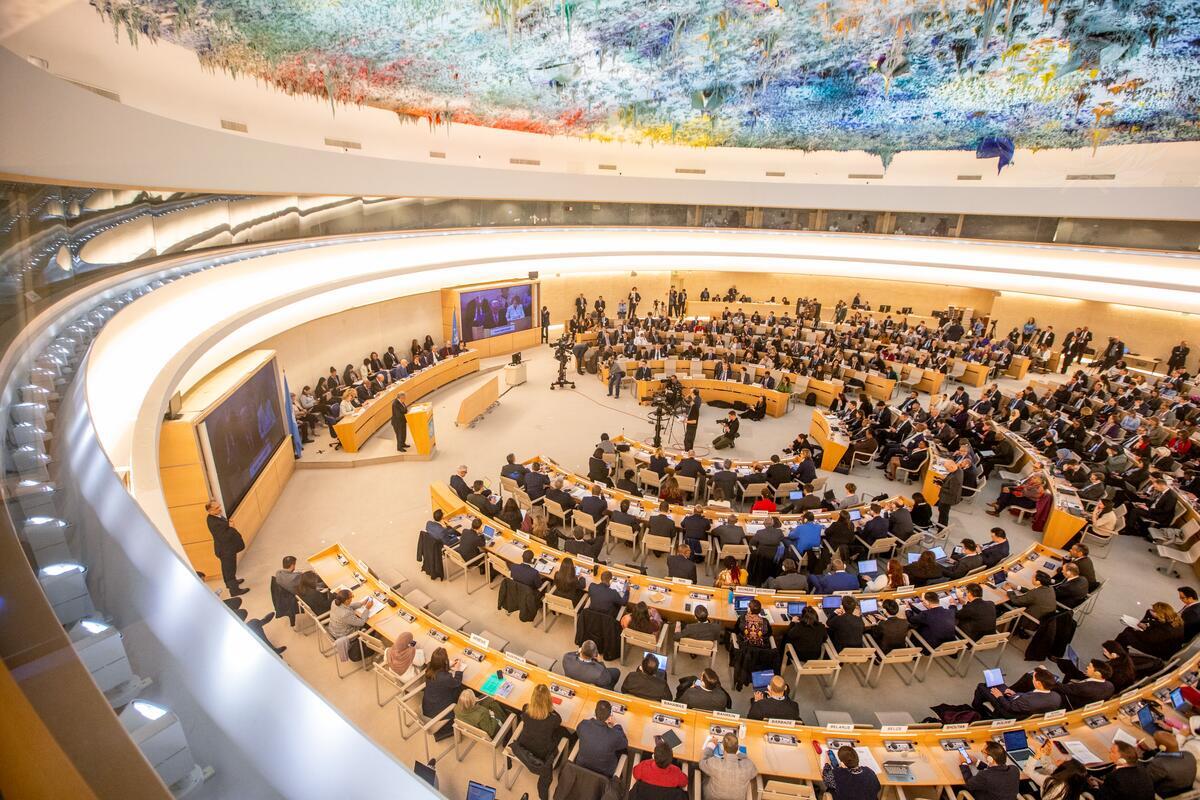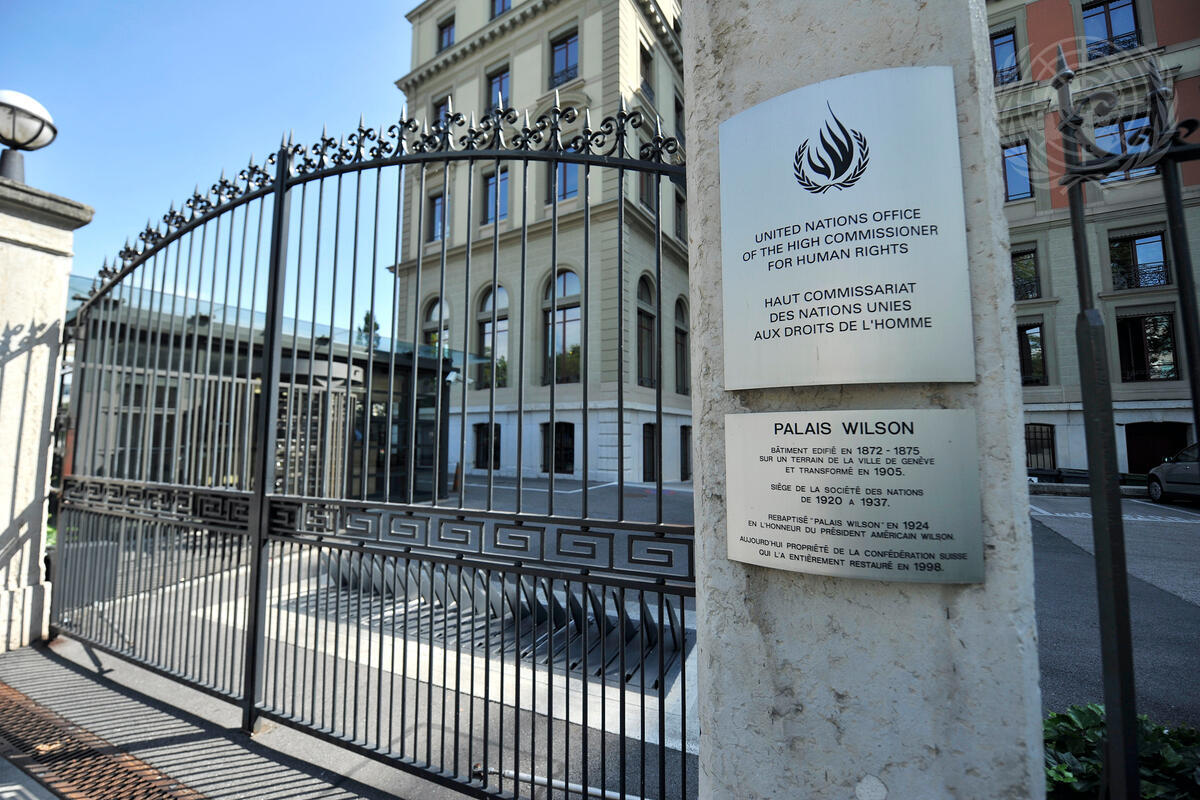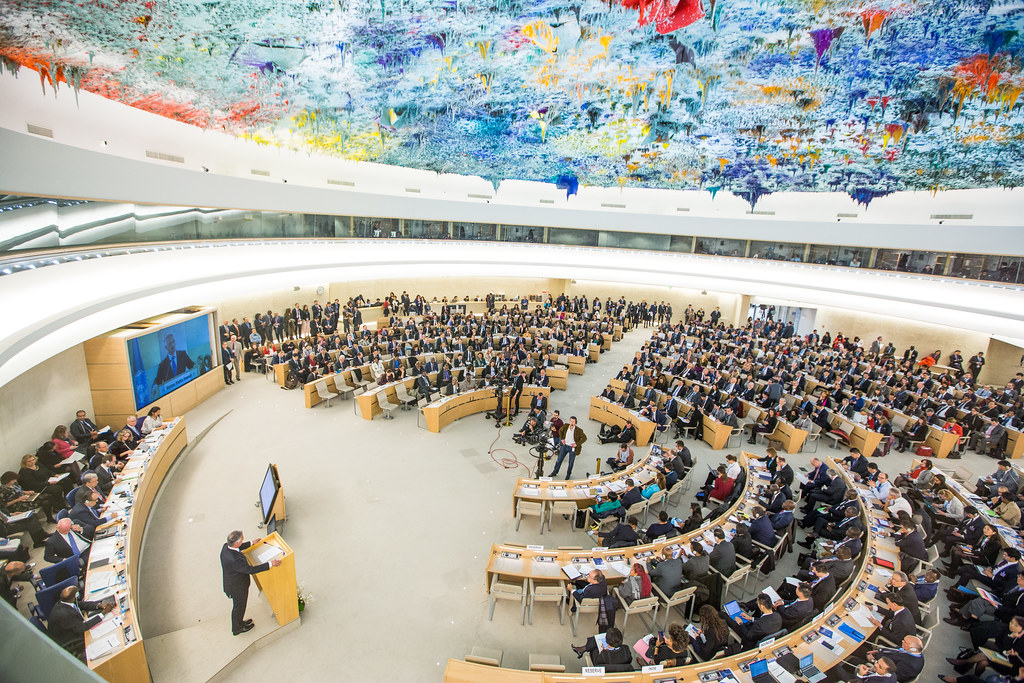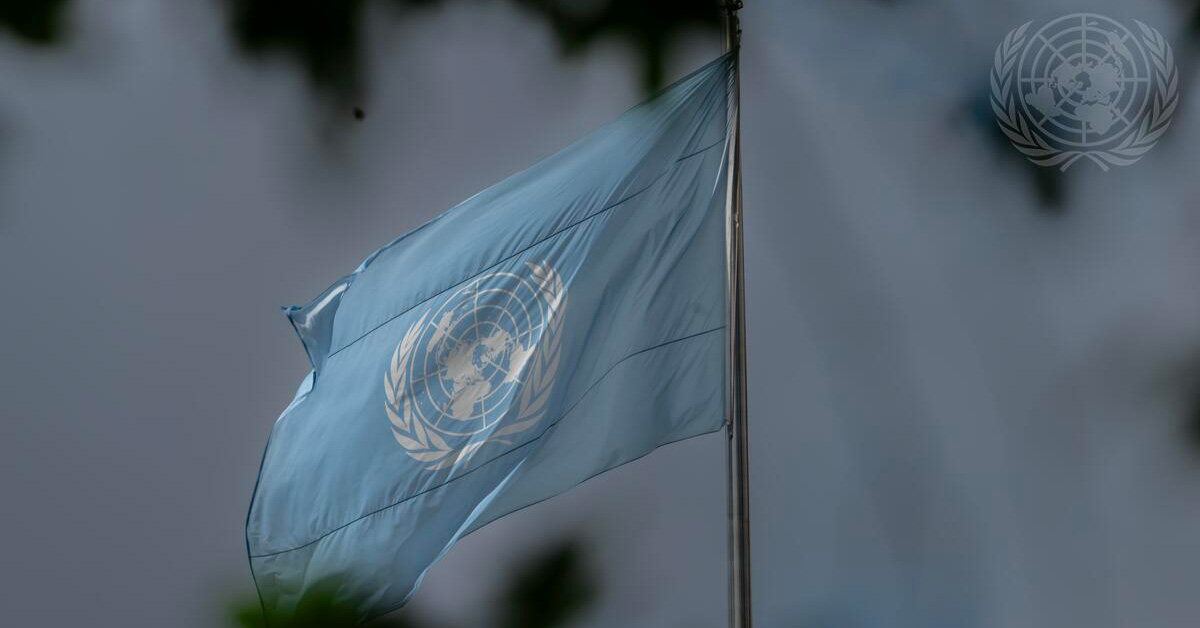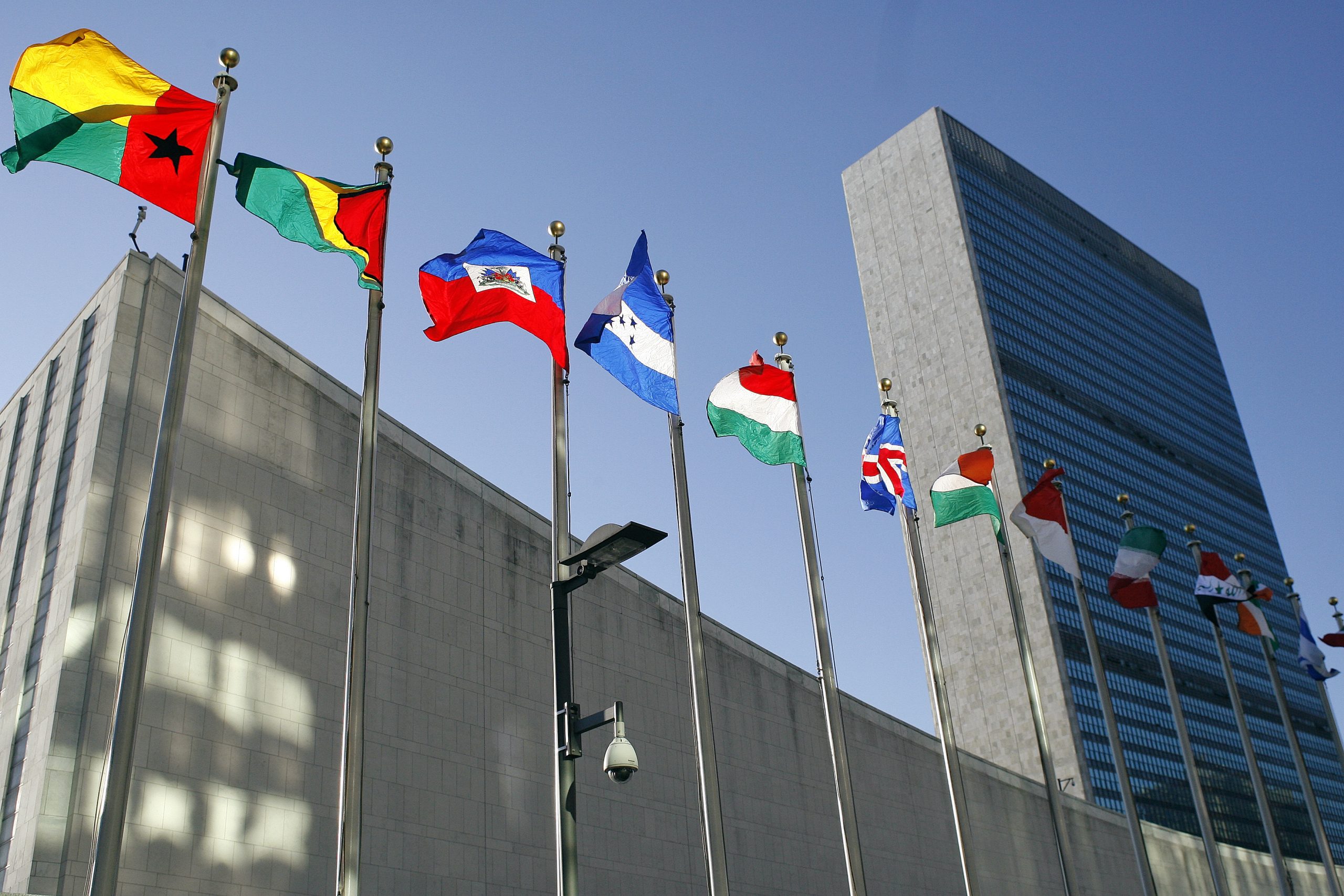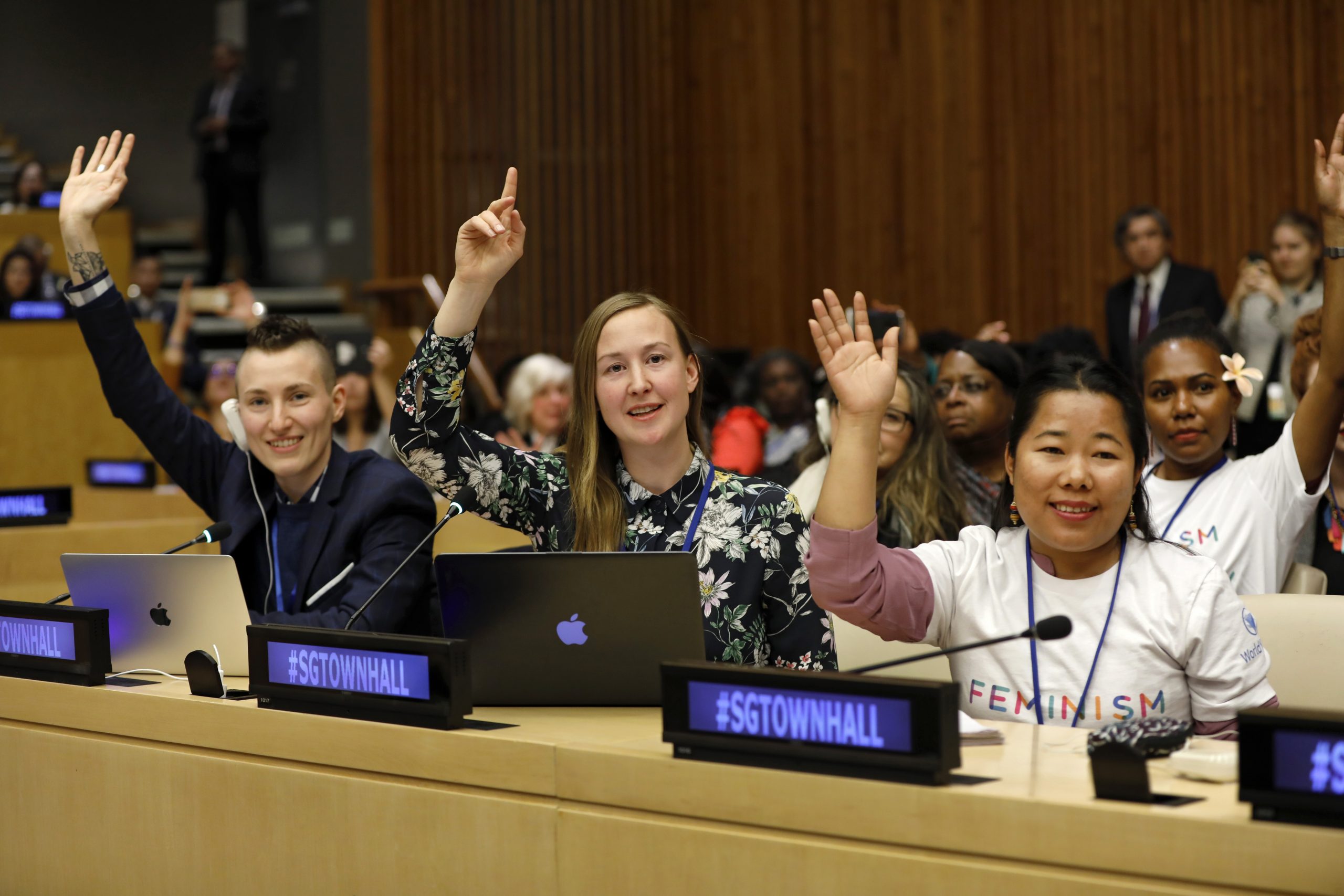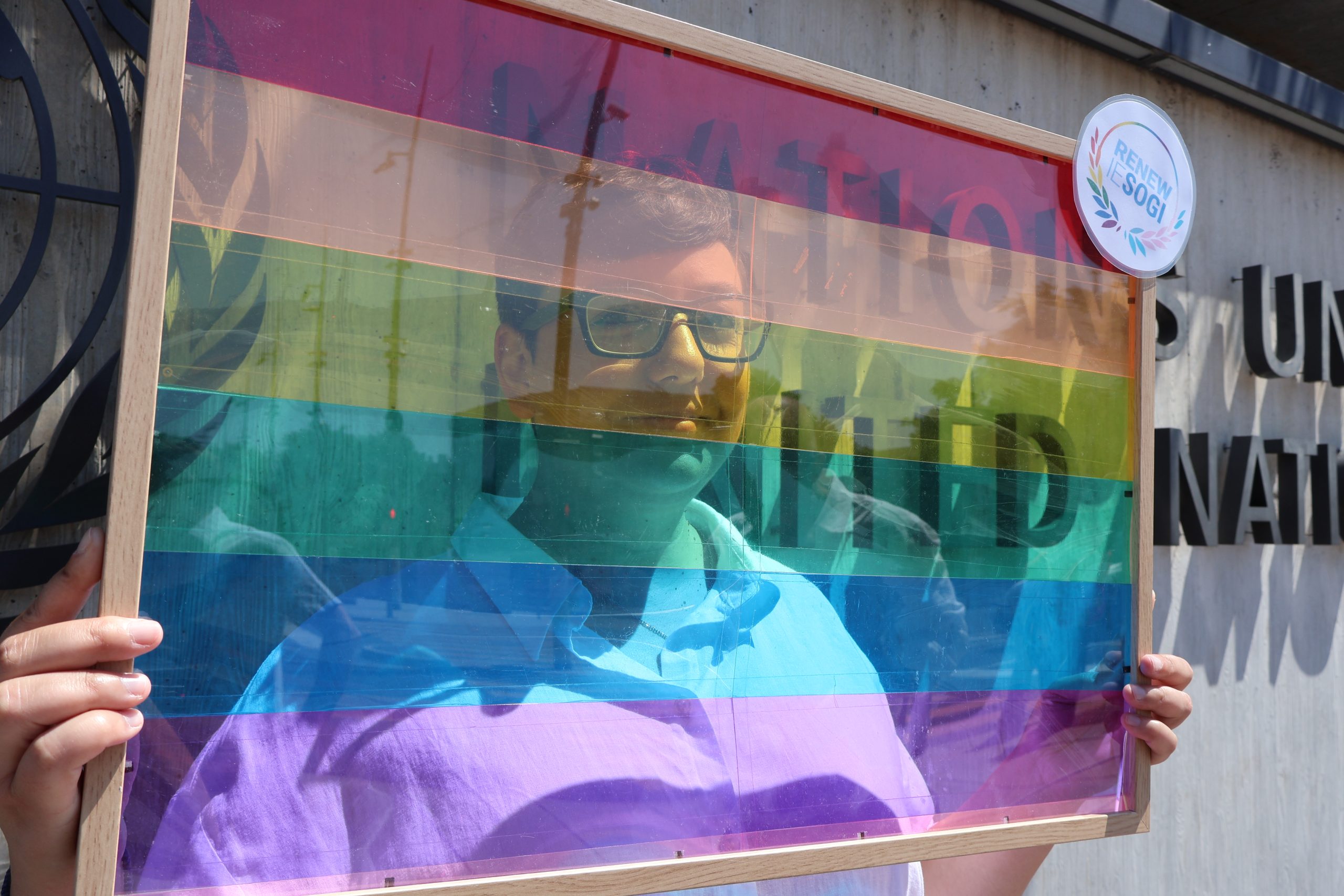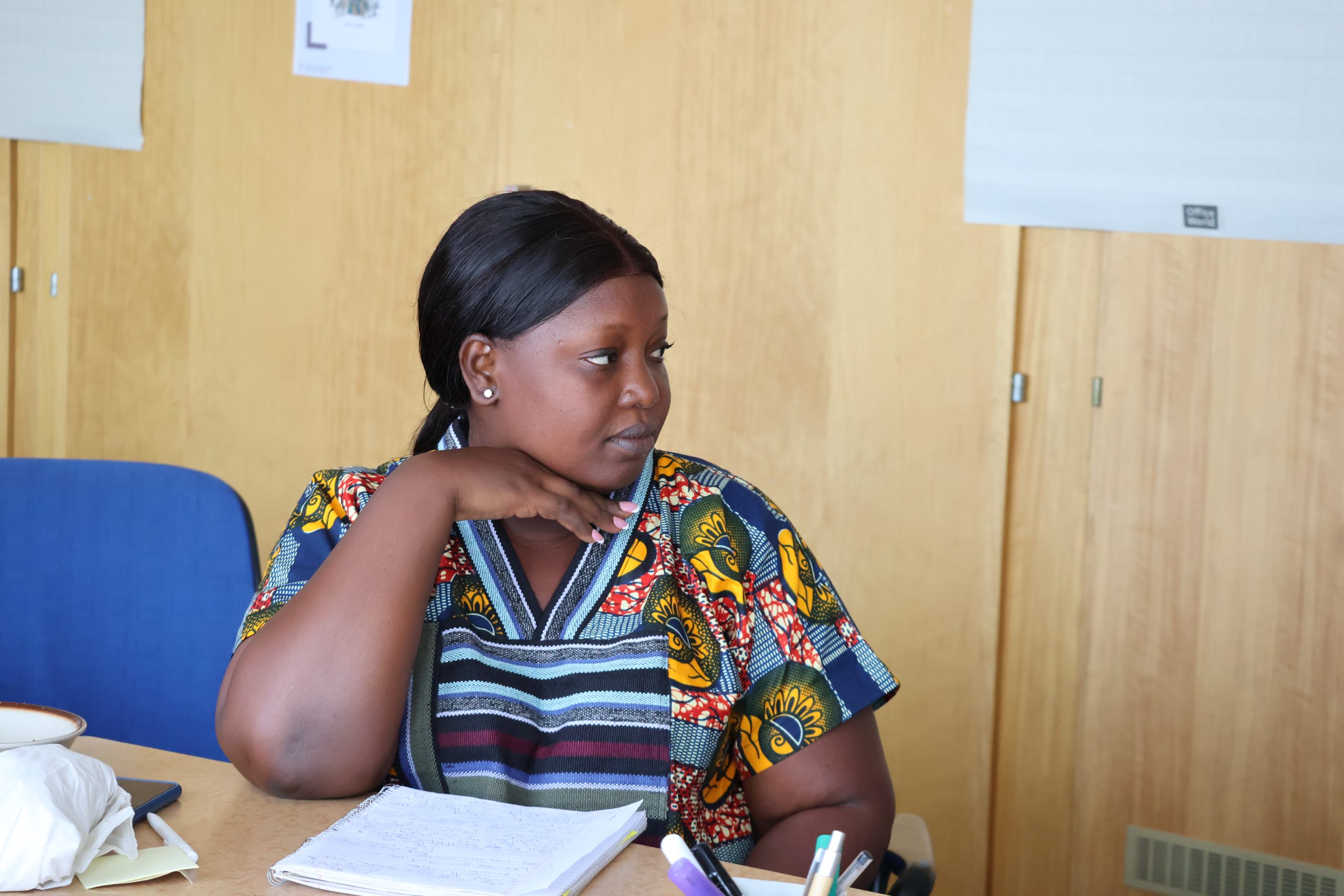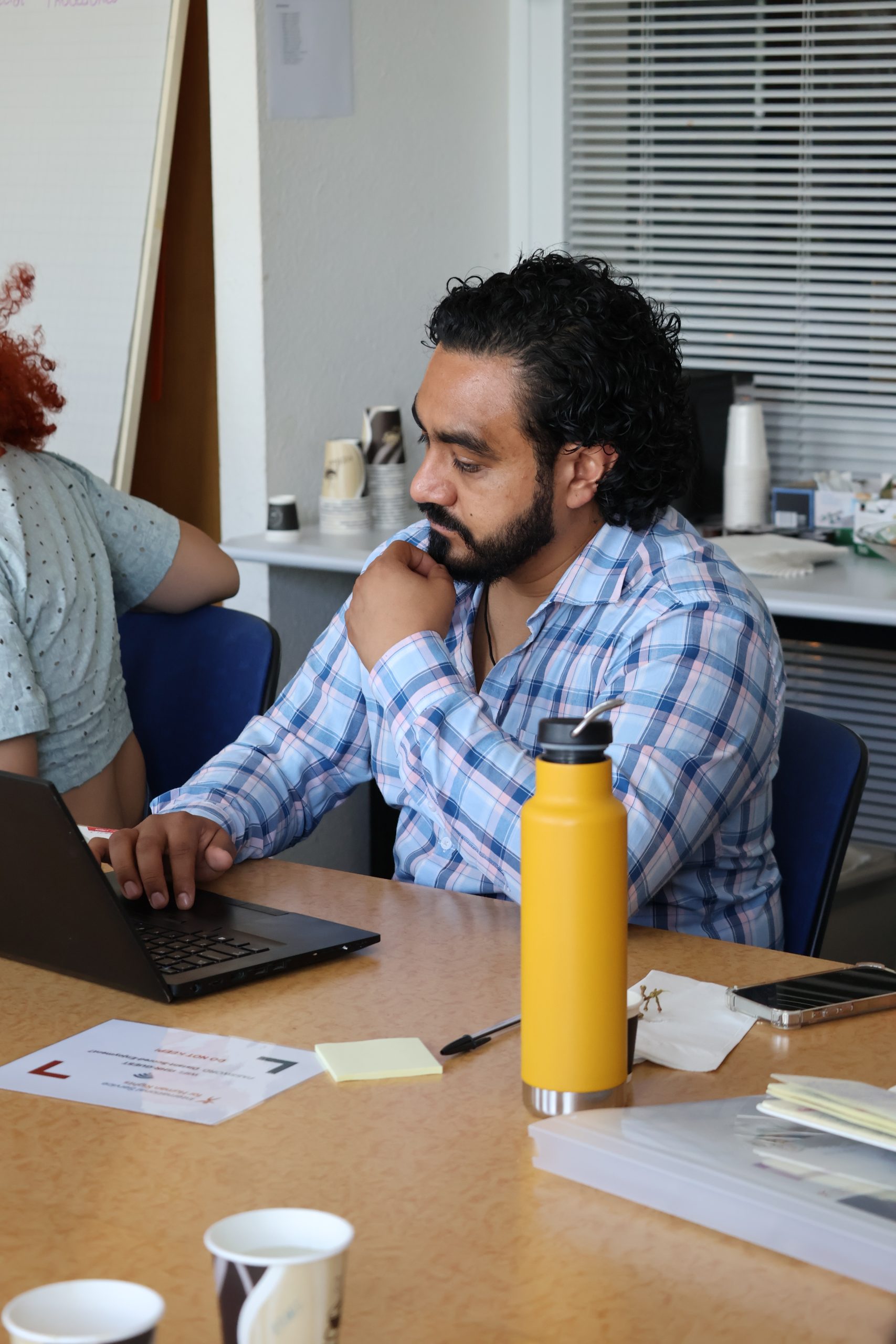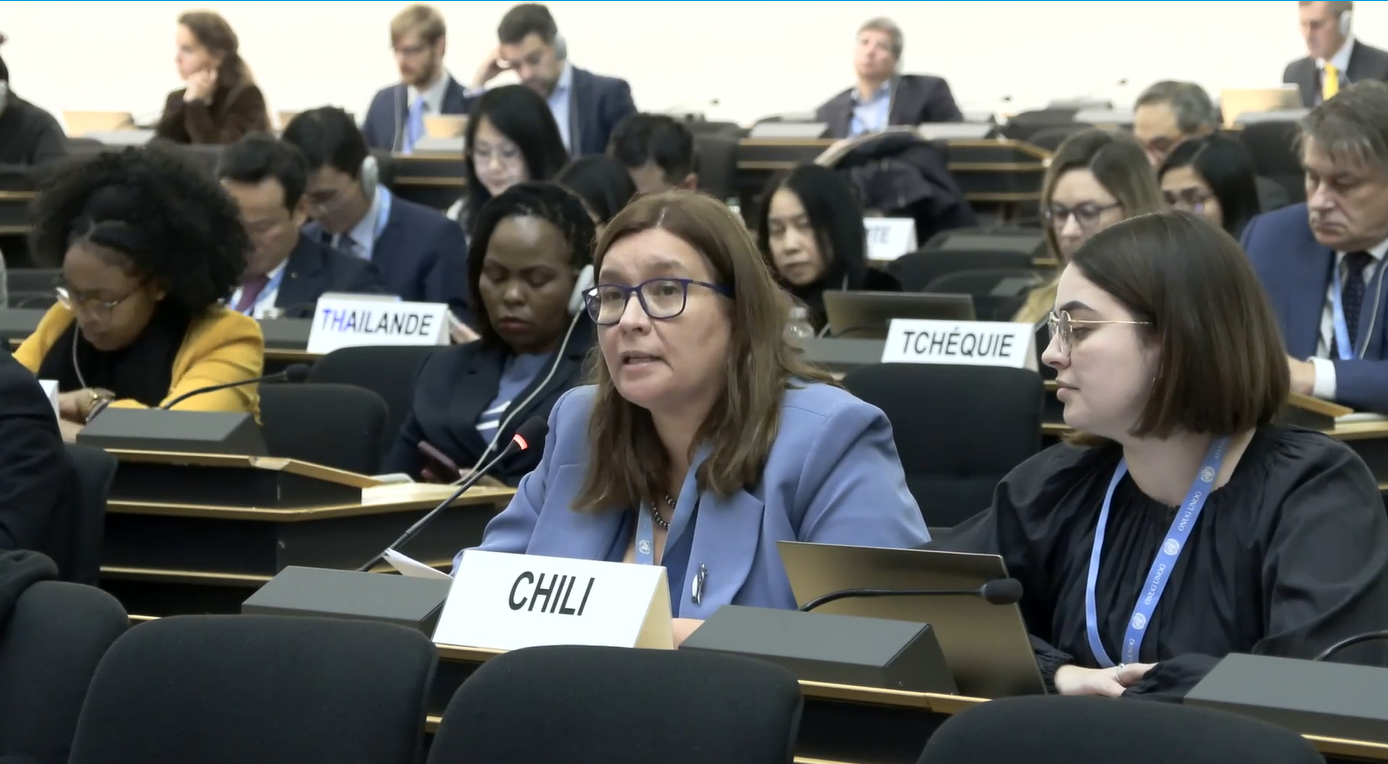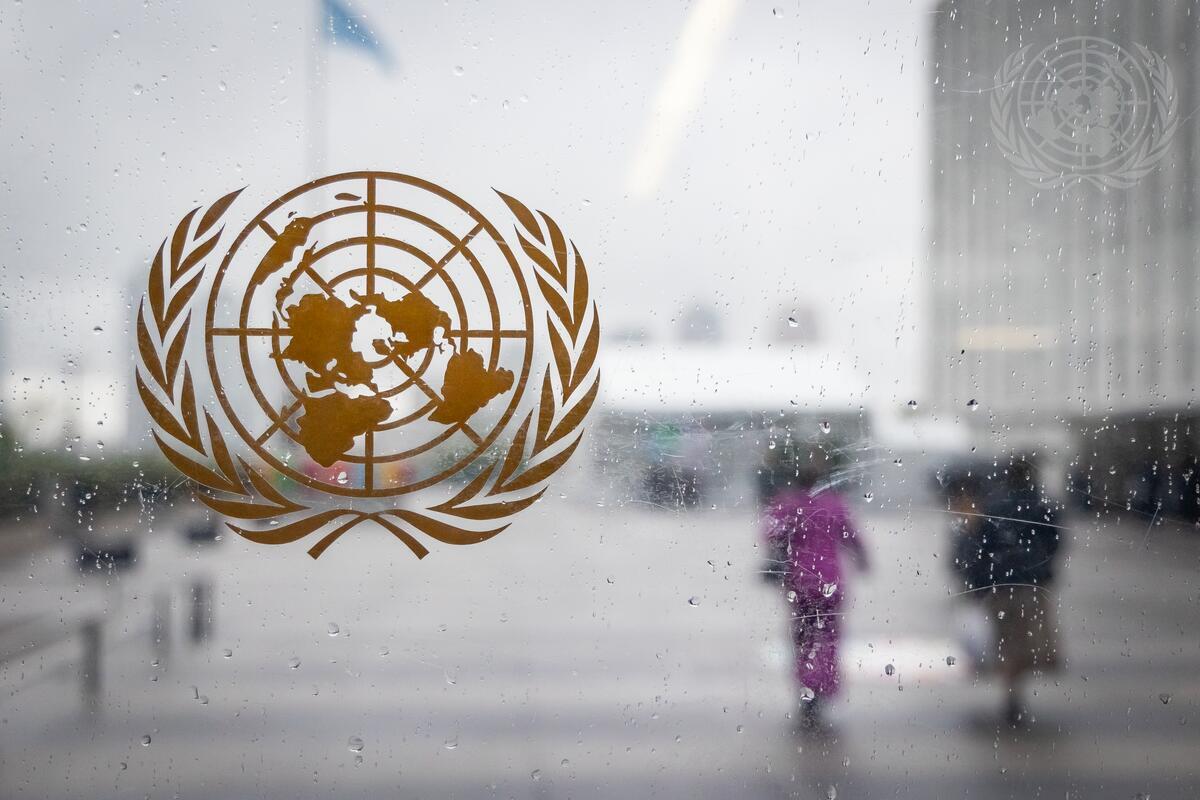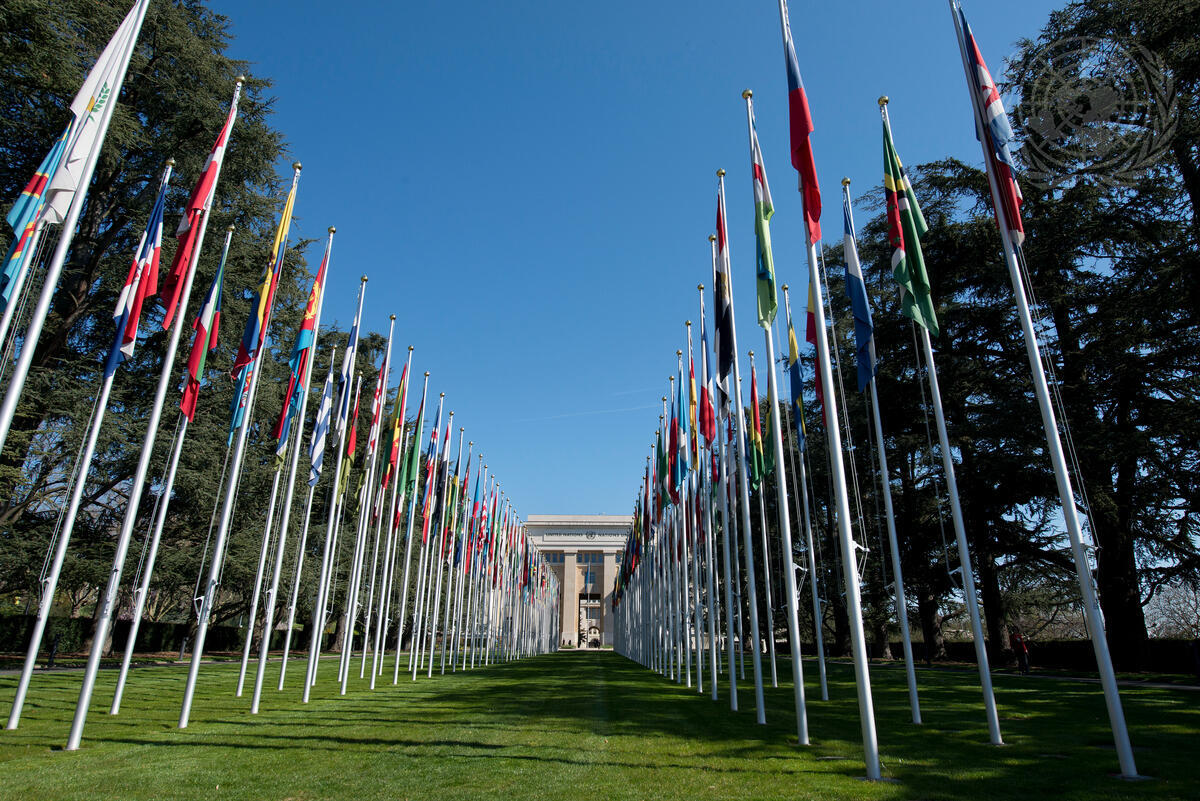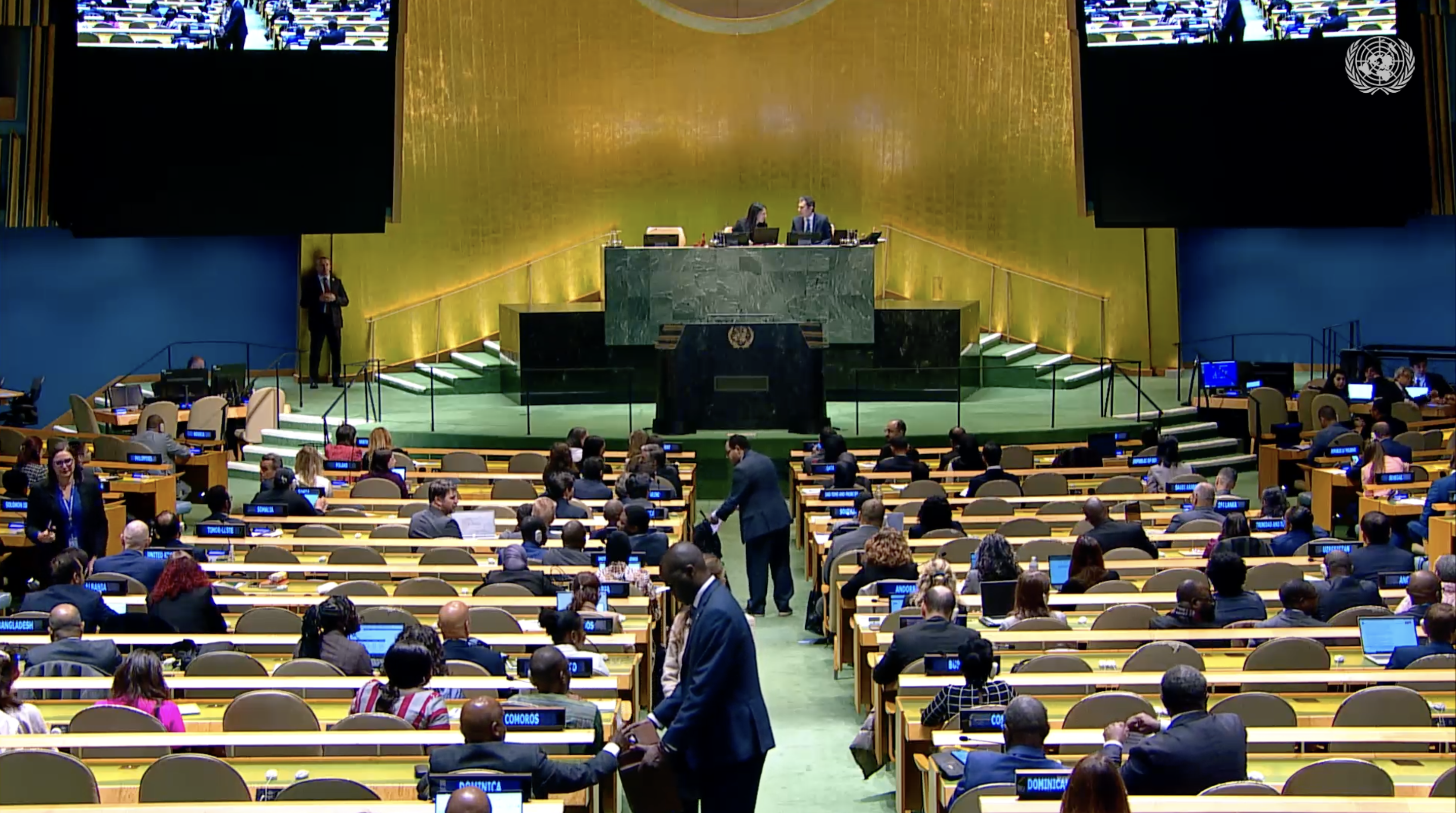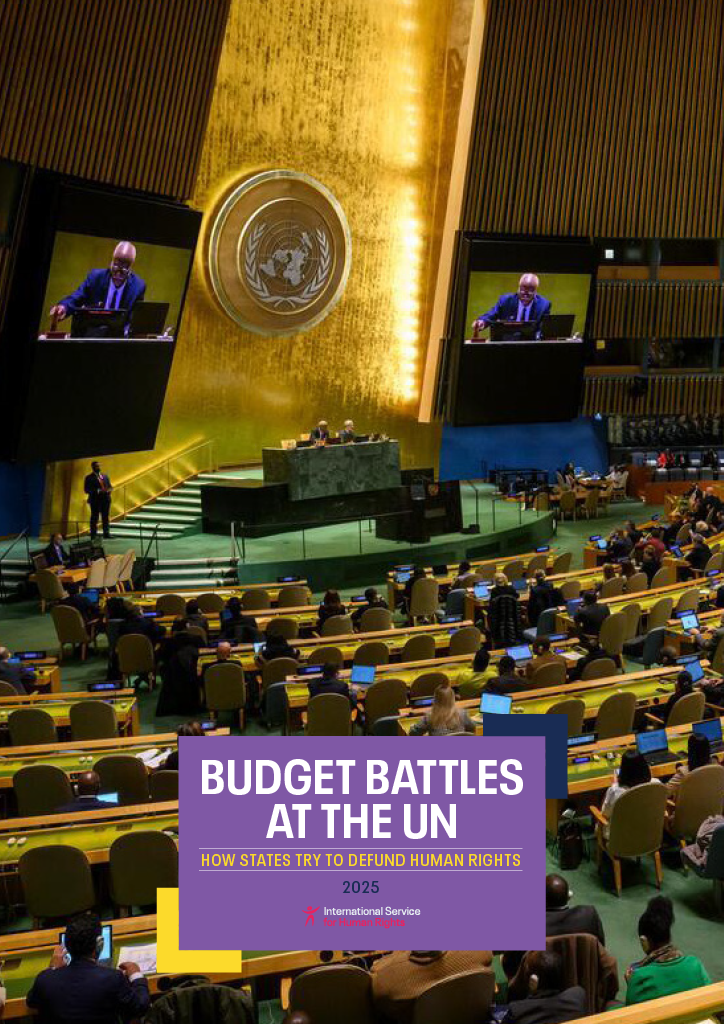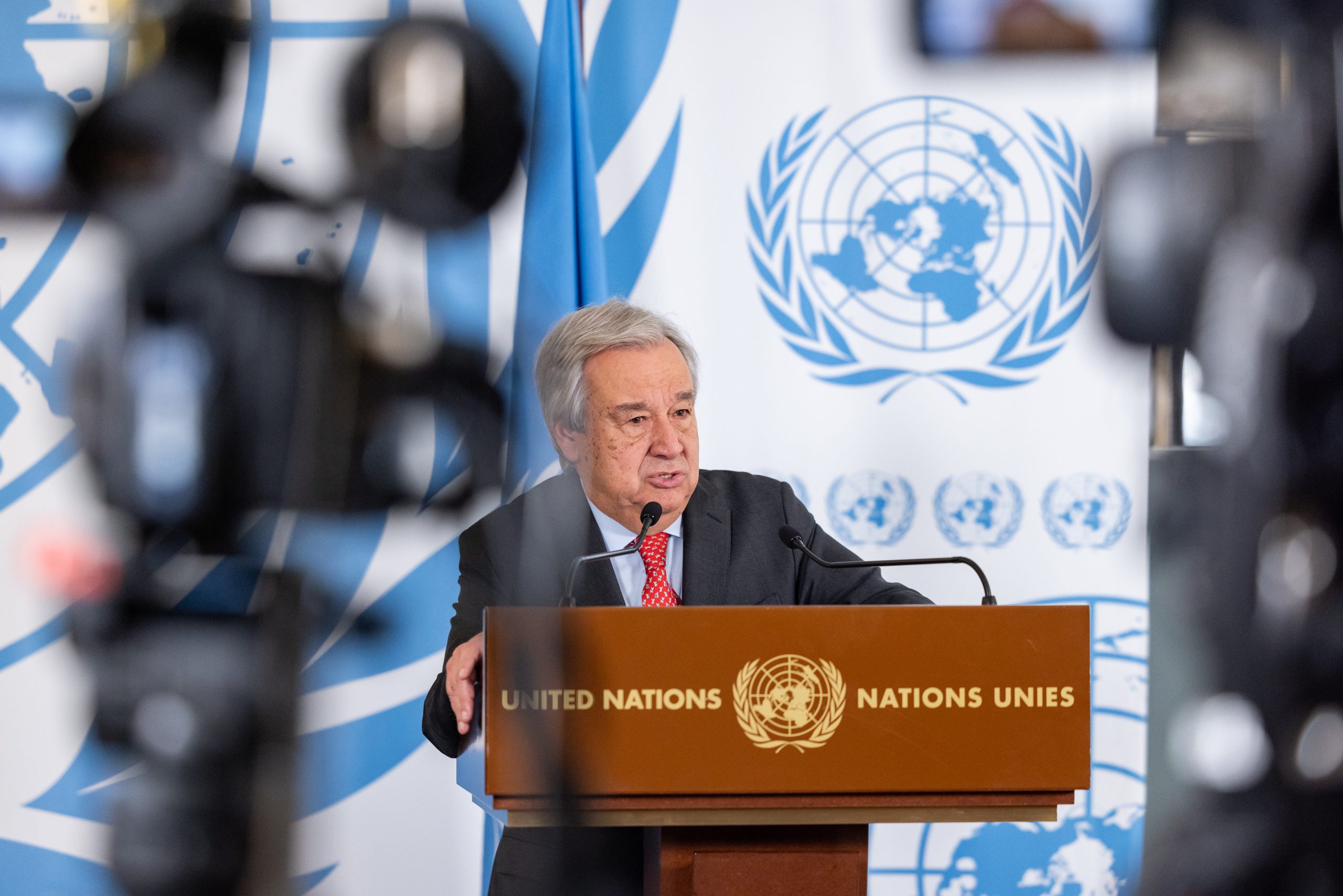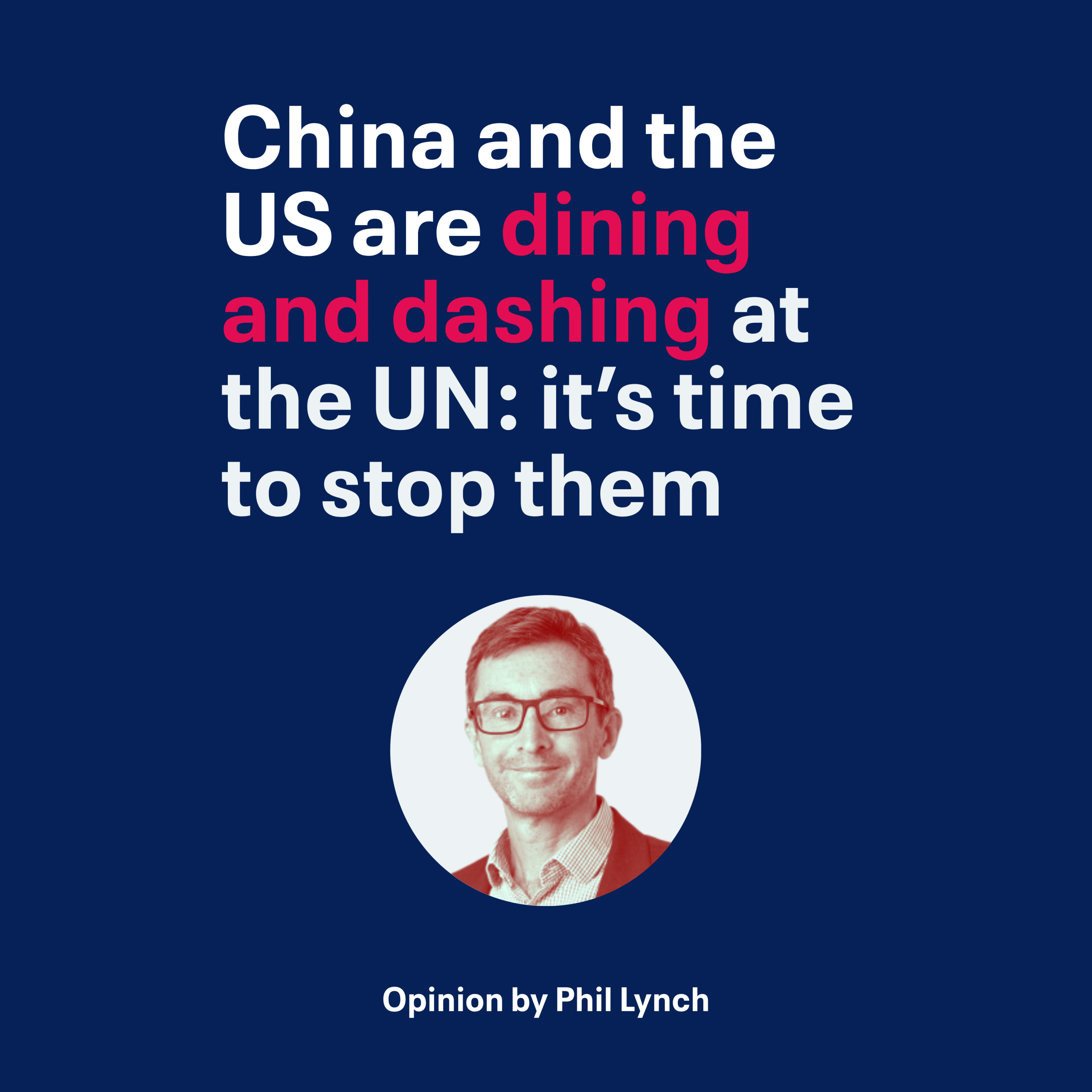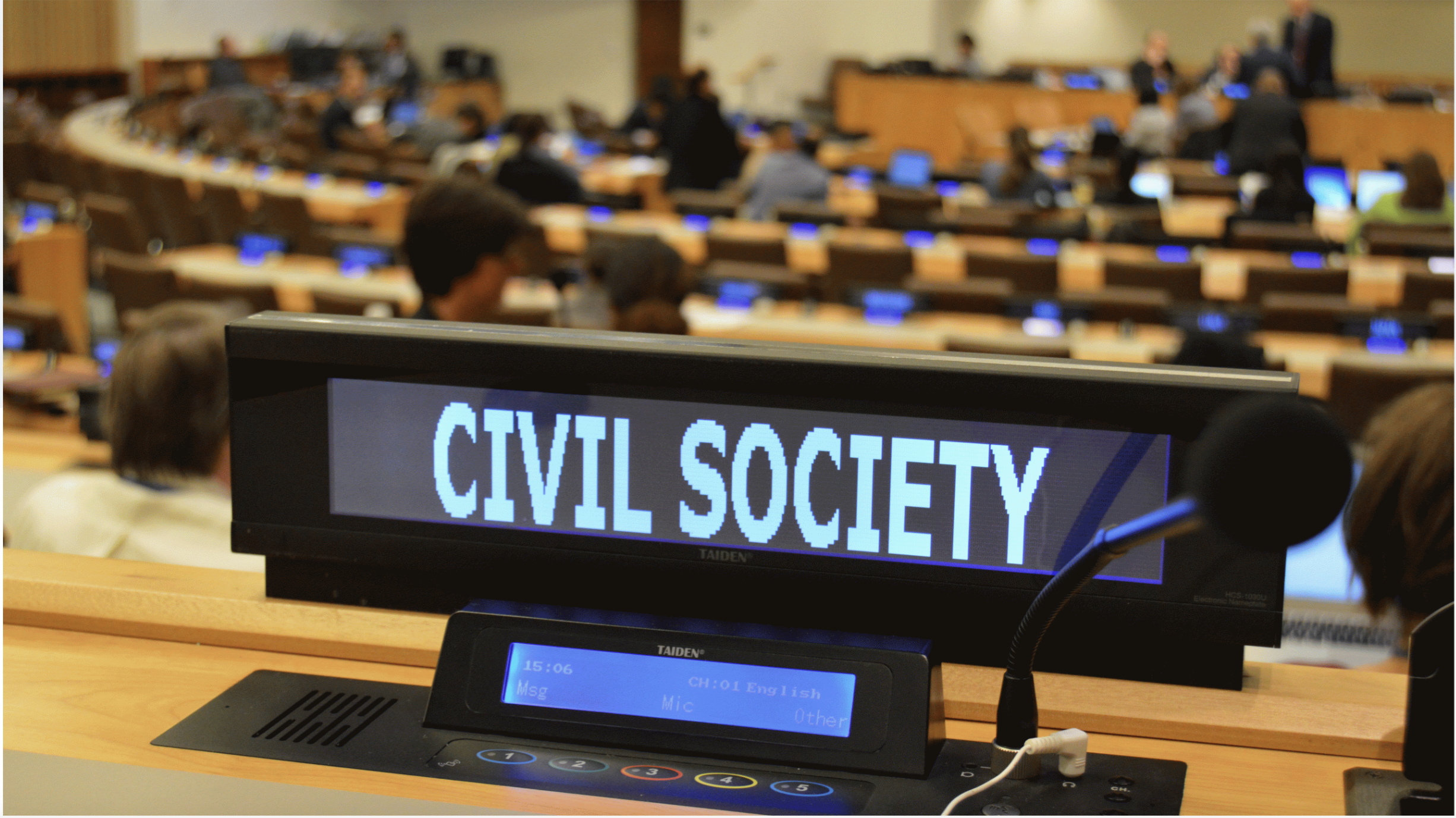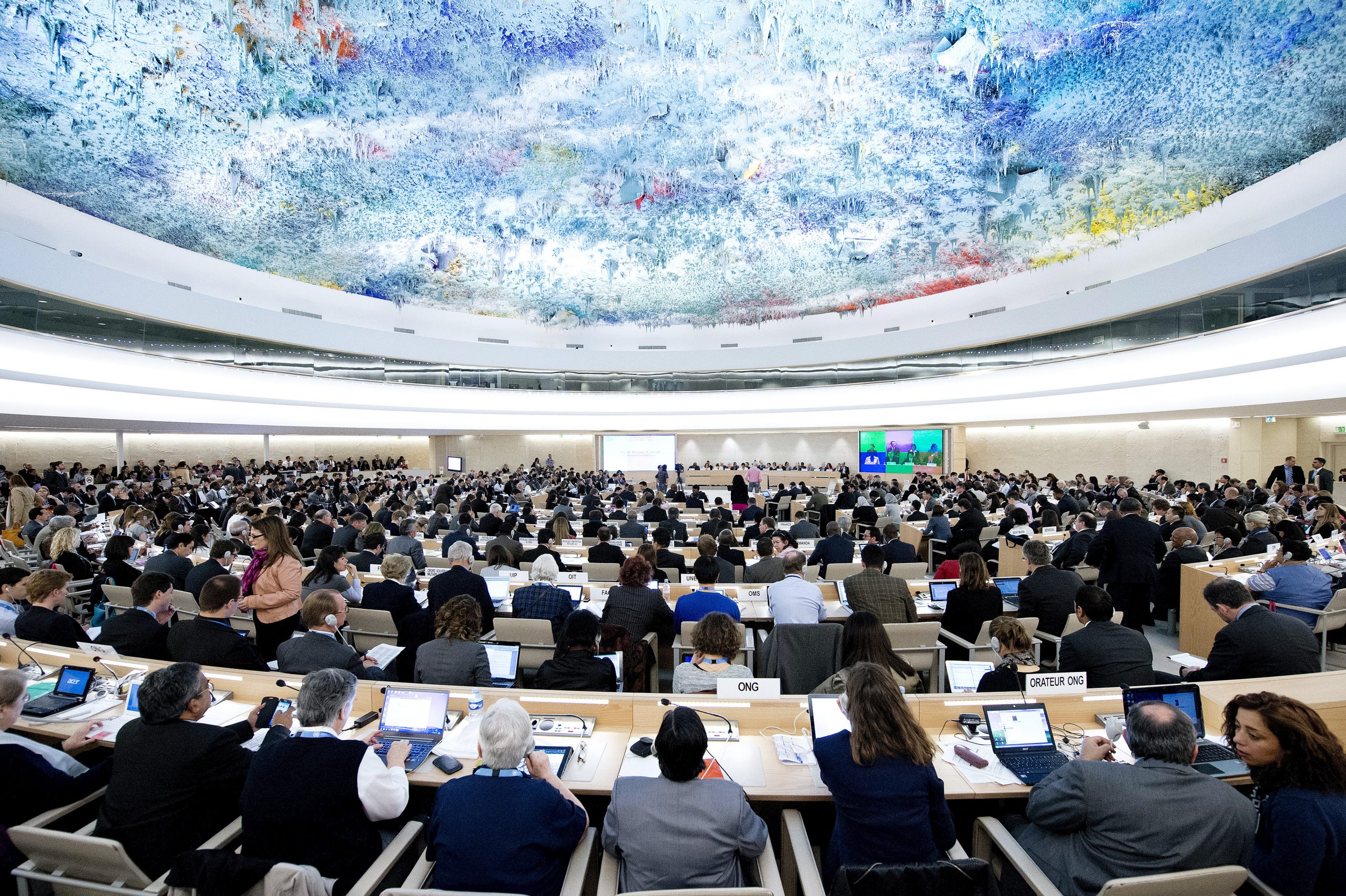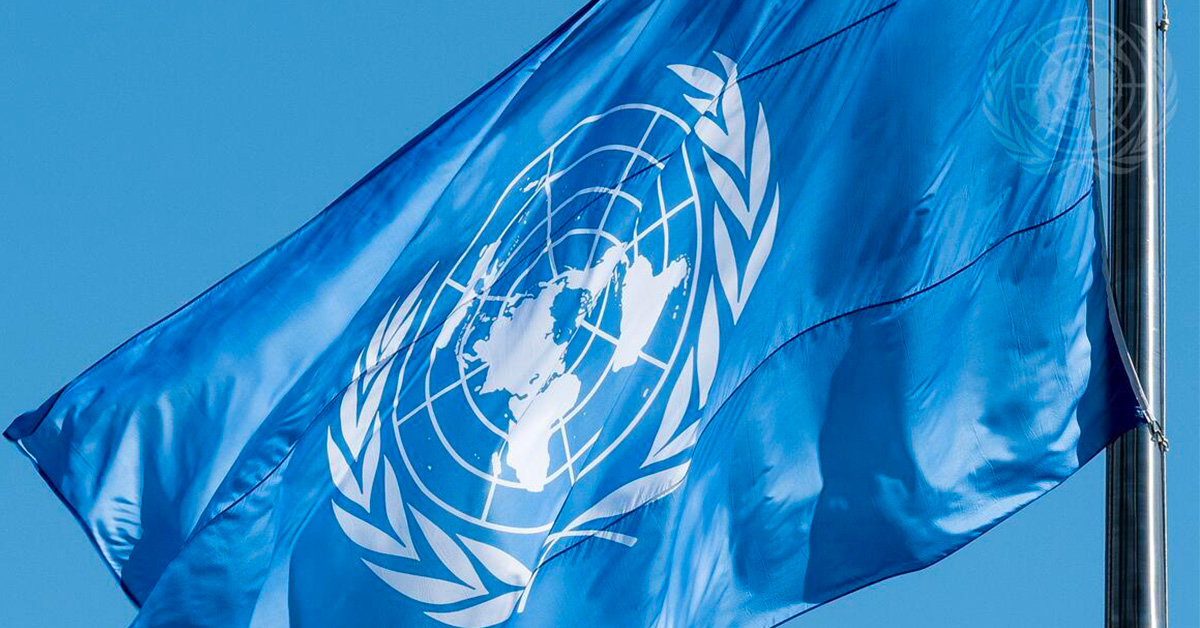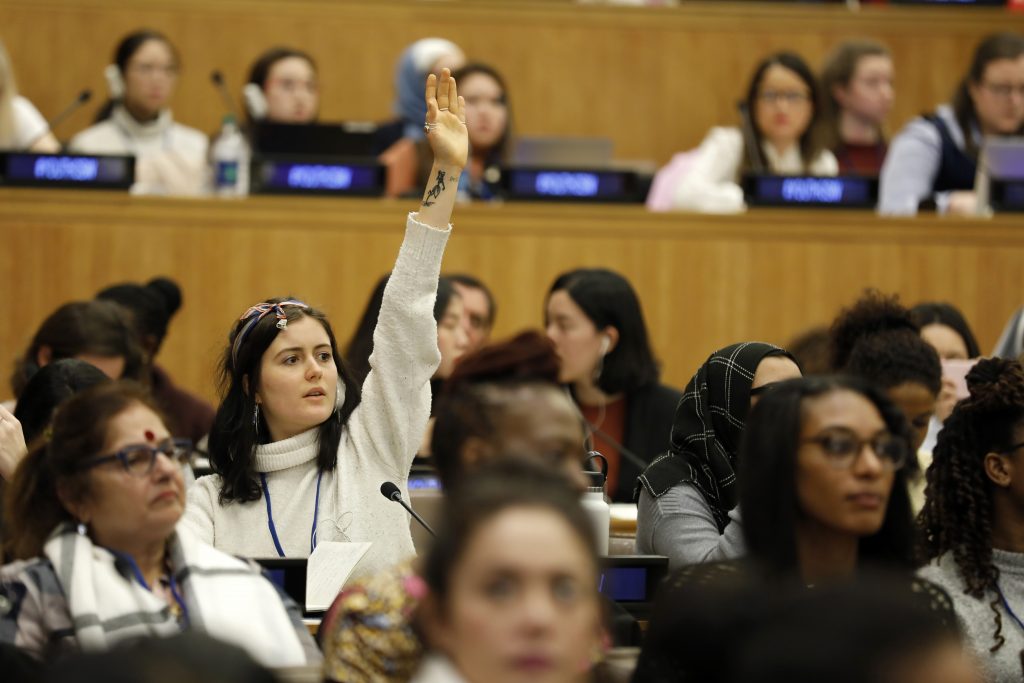In recent years, a liquidity crisis fuelled by the late or non-payments of dues by the US and China had already prompted High Commissioner for Human Rights Volker Türk to suspend the delivery of reports, workshops and other activities mandated by the Human Rights Council (HRC). The HRC has also reduced the length of its sessions, limiting space for States, experts and civil society to address some of the world’s most pressing rights issues and crises.
In 2024, OHCHR only received 87% of its approved regular budget. The lack of funds led the HRC to adopt resolution 55/115 on postponing 17 mandated activities. This included cancelling a written update on the human rights situation in Myanmar and cancelling or postponing to later sessions or to the following year other activities such as updates, seminars, workshops, high-level panels, reports and guidelines. The Office was also limited to hiring temporary staff only.
The disbursement of funds to OHCHR worsened in 2025, and as of June, the Office had received only 73% of its approved regular budget for the year. According to the Office, it has been allocated 85% of its required resources for core staff salaries, 73% for temporary personnel supporting mandated activities, and 45% for operation costs and activities. A letter from High Commissioner Türk highlighted the impact of cuts the Office has been forced to adopt. This included 13 HRC-mandated activities that cannot be completed in 2025 or 2026, including several reports, workshops, or panel discussions around the rights of women and girls, or a global consultation on peaceful protests. A commission of inquiry on serious human rights violations in the Democratic Republic of Congo (DRC), the most recent country investigation established by the HRC (at the time of drafting), cannot operate due to the lack of liquidity.
On 23 September 2025, during an event held at the International Federation of Red Cross and Red Crescent Societies (IFRC), the head of the UN Independent Investigative Mechanism (IIM) for Myanmar explained that as a result of liquidity crisis the IIM could only spend 70% of the adopted budget. The Un Secretary General has asked them to submit a 15% cut budget for 2026. This means that next year, after the cuts, the IIM will very probably have only 70% of the 85% of the current budget. this will affect outputs and the IIM will loose a lot of its capacity. By early next year, the IIM will have to cut its Open Source Intelligence (OSINT) and sexual violence units, which are fundamental in terms of evidence gathered.
According to an update of the UN Secretariat to the 5th Committee of the General Assembly on 9 October 2025, as of 30 September 2025, the UN would require about $3,530 million to execute the 2025 budget in full. As of 30 December, only 151 of the 193 UN Member States had paid their dues for 2025. On 1 December 2025, Secretary-General Guterres reminded the Fifth Committee that non-paying States had accumulated an ‘unacceptable volume of arrears’ totalling some USD 1.586 billion, 95% of which were owed by the United States. Taking into account the late payments by Russia and Argentina in early December, Mexico and Venezuela closed out the year with the largest amounts of unpaid contributions by year-end after the US, although in amounts that represent a small fraction of US arrears.
The liquidity crisis is exacerbated by the return of unspent cash (from late payments of contributions) to all Member States (proportionately to their scales of assessment) in the form of credits to their assessments two years later (eg. the UN will return USD 300 million in credits in 2026 from unspent liquidities in 2024, most probably relating to China’s payment on 27 December). While this rule exists to ensure that cash unspent due to efficiencies is returned, the reality is that cash is unspent because States are paying their dues too late to be spent, leaving the already cash-strapped organisation with an even smaller budget.
In a somewhat positive development, in December 2025, States agreed to suspend the return of unspent funds in the form of credits to Member States’ future payments, but only for those Member States in arrears on their payments. Returned funds will now be deducted from those States’ arrears, instead of as a credit to future payments. Unfortunately, States failed to agree to suspending the return of unspent funds in times of liquidity crisis when such return would impair the UN’s ability to implement its approved budget, as repeatedly called for by the UN Secretariat. This would have prevented the UN from returning USD 300 million in 2026 (nearly 10% of its 2026 regular budget), largely resulting from China’s late payment on 27 December 2024. The suspension of credit return to those in arrears will only result in reducing credits by 25%, per UN Secretariat estimates.
The impact of regular budget reductions is compounded with the reduction of voluntary donations (in particular un-earmarked), as OHCHR relies approximately at 60% to voluntary contributions.
